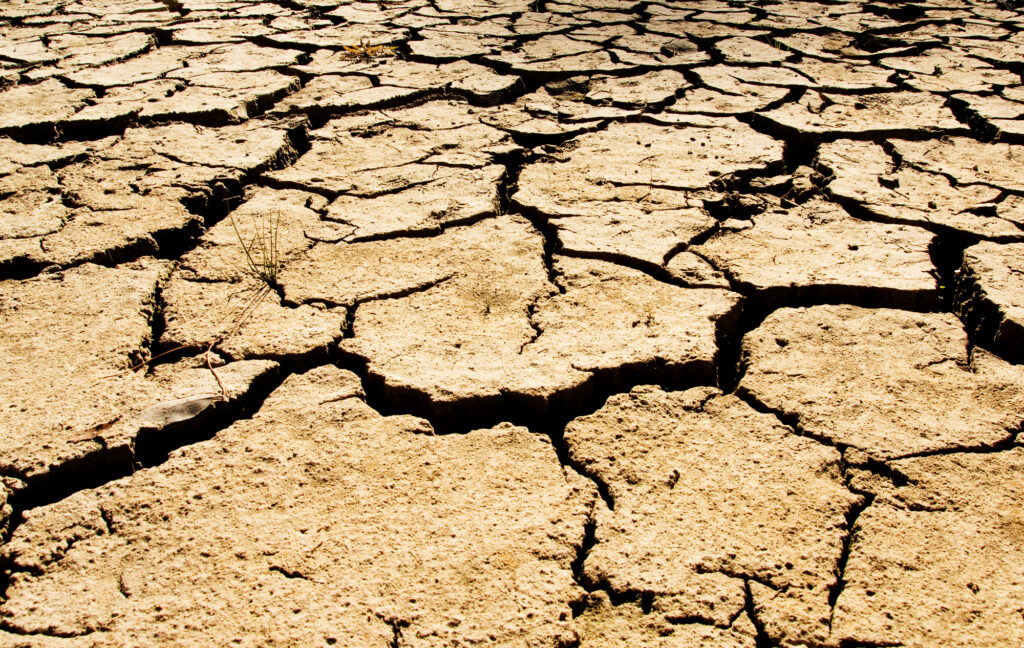One in four children in Portugal is affected by extreme drought, Unicef Portugal warned today, after the Committee on the Rights of the Child published guidance on the climate crisis.
"In Portugal, one in four children is affected by the severe and extreme drought the country is facing," said Beatriz Imperatori, executive director of UNICEF Portugal, quoted in a statement.
According to Imperatori, the State must guarantee the right to a "human, healthy and ecologically balanced" living environment for all children, in accordance with Article 66 of the Constitution of the Portuguese Republic.
“Today we call on policy makers, the public sector, all companies and institutions and civil society to put children at the center of environmental strategies and to empower them as agents of change. It is necessary to change in good time », she stressed.
Due to the worsening climate crisis, the Committee on the Rights of the Child of the United Nations (UN) today published official guidance under the Convention on the Rights of the Child, ratified by 196 States, including Portugal, on what should be done to respect children's right to a clean, healthy and sustainable environment.
The "General Comment No. 26 on the rights of the child and the environment, with a special focus on climate change" addresses "the impacts of the climate emergency, the collapse of biodiversity and widespread pollution, outlining countermeasures to protect lives and children's life prospects, reinforcing the principle of intergenerational equity and that of future generations".
The guidance indicates that «it is essential to guarantee access to suitable (resilient) housing; food security and the safety of all children, in order to reduce the vulnerabilities created by natural phenomena such as extreme weather events, environmental degradation or the loss of biodiversity».
Countries that have ratified the Convention on the Rights of the Child are encouraged to take immediate action, including phasing out coal, oil and natural gas and switching to renewable energy sources, periodically reporting on progress made in protecting children's environmental rights.
“With General Comment No. 26, the Committee on the Rights of the Child not only amplifies the voices of children, but also clearly defines their rights in relation to the environment which Member States must respect, protect and fulfill … collectively and urgently !», said Committee member Philip Jaffé.
The document helps to interpret the countries' commitment under the Paris Agreement.
“States are responsible not only for protecting the rights of children against immediate harm, but also for foreseeable violations of their rights in the future due to actions by States – or their omissions – in the present”, he underlines, recalling that “they can be held responsible ” for environmental damage within and beyond its borders.
Currently, according to Unicef, around one billion children live in countries at extremely high risk of the impacts of climate change and more than 99% are exposed to climate and environmental pressures.
Unicef recalled that two billion people live without access to clean water, of which 600 million are children.
"By 2040, almost 600 million children are expected to live in areas of extremely high water stress – one in four children under the age of 18," he added.



















Comments